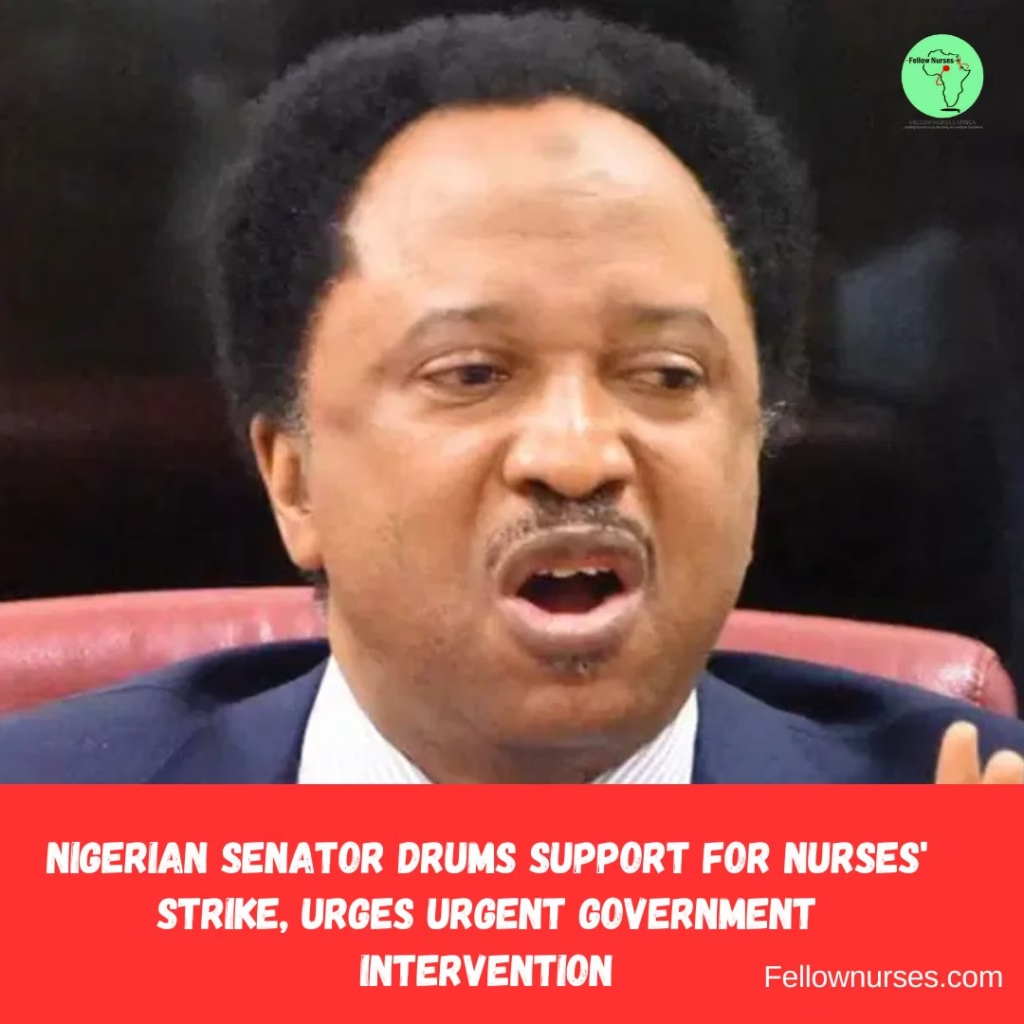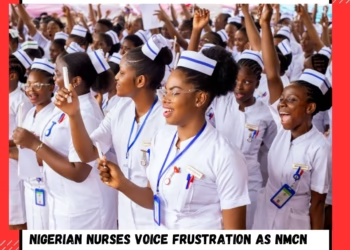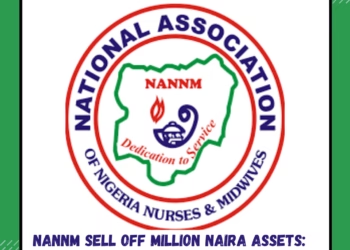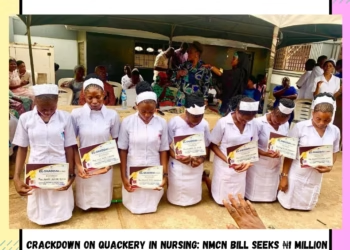Fellow Nurses Africa News, 30 July, 2025

Nigerian Senator Drums Support for Nurses’ Strike, Urges Urgent Government Intervention
Abuja, Nigeria – 03:35 PM BST, Wednesday, July 30, 2025 – As the sun rises over Nigeria on the first day of a heart-wrenching seven-day warning strike by the National Association of Nigerian Nurses and Midwives (NANNM), which began at midnight, families across the nation are gripped by fear and sorrow.
Hospitals, once beacons of hope, now stand silent, their nursing staff absent after a 15-day ultimatum expired unanswered on July 29, 2025. Amid this crisis, former Senator Shehu Sani, a beloved figure from Kaduna Central during his 2015-2019 tenure, has stepped forward with a heartfelt plea, drumming support for the striking nurses and begging the Federal Government to act swiftly.
“The strike by the Nurses and Midwives is unfortunate,” he shared with a heavy heart. “They should be listened to and their possible demands should be met, so we don’t lose them to Europe, Canada, America, or the Middle East. Some Nurses nowadays have to sell donuts and soft drinks to hospital visitors just to feed their families.”
For countless Nigerian families, the strike’s impact is a painful reality. Since midnight, patients have been left stranded, their cries echoing through empty wards. In Onitsha, a mother clutched her sick child, tears streaming as she told our correspondent, “My baby’s fever won’t break—there’s no nurse to help us. Please, government, bring them back!”
In Kano, an elderly man gasped his last breath in a crowded corridor, his relatives wailing, “We begged for care, but no one came.” Unavoidable deaths are mounting, with reports from Port Harcourt and Abuja painting a grim picture of loved ones lost to a healthcare system paralyzed by this strike. The absence of nurses, who earn a meager 100,000 naira, equivalent to roughly $50 a month compared to $6,000 abroad, has turned hospitals into places of despair, leaving relatives to watch helplessly as hope fades.
The nurses’ demands, born from years of struggle, fuel this action. They seek the gazetting of the 2016 Nurses Scheme of Service to unlock career growth, the enforcement of the 2012 National Industrial Court judgment to grant them fair representation, and an upward review of their derisory professional allowances—recently insulted with hikes of just ₦250 to ₦2,000.
They demand employment of more nurses, adequate equipment to replace broken ventilators, and a Department of Nursing in the Federal Ministry of Health to amplify their voice. NANNM’s National Secretary, Enya Osinachi, spoke with resolve: “For 40 years, we’ve suffered unpaid hazard allowances and unsafe wards. This strike is our last stand—we won’t back down until our cries are heard.”
The ripple effect reaches other healthcare workers, who share the nurses’ burden. Dr. Amina Bello from the Nigerian Medical Association pleaded, “We can’t care for patients alone—nurses’ roles are vital. Government, please talk to them before more lives are lost.” With over 300 doctors leaving Jigawa State this year, the system teeters on collapse, leaving families like Chinedu’s from Enugu to mourn a father denied timely care. “He needed a nurse, not just a doctor,” Chinedu sobbed, his voice breaking.
Senator Sani’s words strike a chord with every Nigerian who knows a nurse struggling to survive. The image of them selling snacks to make ends meet—$50 a month forcing such dignity into question—has sparked a movement on X under #NursesStrike2025 and #SupportNigerianNurses.
Yet, negotiations with the Federal Ministry of Health ended in deadlock yesterday, per BusinessDay NG, and the government’s silence deepens the pain. Nurses from 26 states, from Lagos to Jigawa, stand united, refusing to yield until their demands for fair wages, safety, and respect are met.
For families like Ngozi’s in Calabar, where her pregnant sister awaits delivery without nursing support, this strike is a personal tragedy. “We’re scared—she might not make it,” Ngozi whispered. Senator Sani’s warning of a brain drain looms large, as the exodus of nurses to foreign lands threatens to leave Nigeria’s sick without care.
As relatives pray and patients suffer, the nation watches, urging President Bola Ahmed Tinubu’s administration to heed this humane call. The time to prioritize nurses’ welfare, to save both them and those they serve, is now.
Fellow Nurses Africa is the independent voice of African nursing, we educate, support and inform the nursing profession










